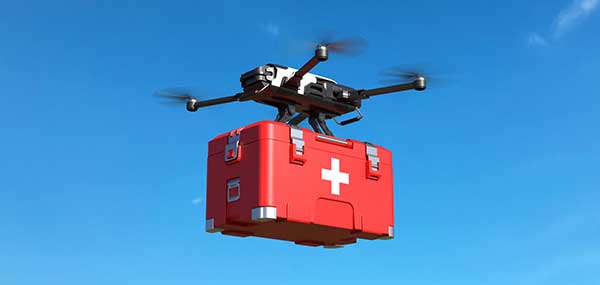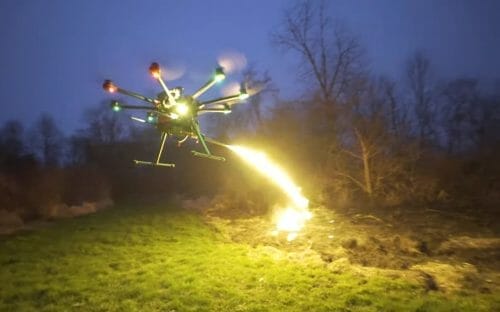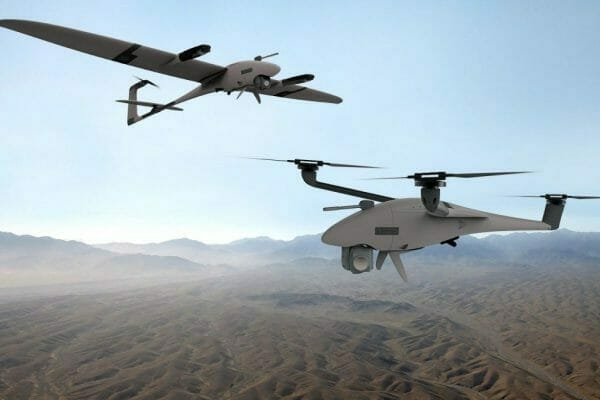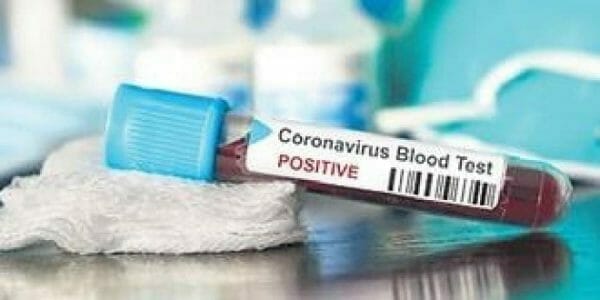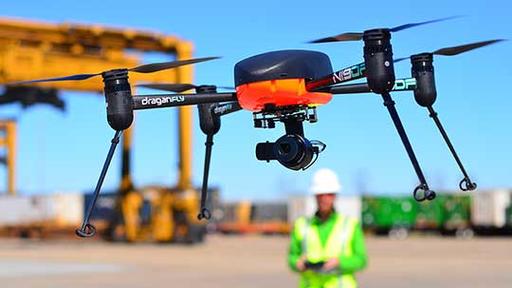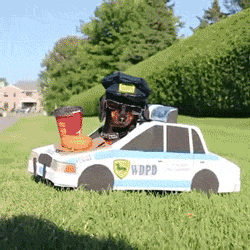Globally, as of 3:42pm CEST, 13 May 2021, there have been 160,074,267 confirmed cases of COVID-19, including 3,325,260 deaths, reported to WHO. As of 12 May 2021, a total of 1,264,164,553 vaccine doses have been https://e4njohordzs.exactdn.com/wp-content/uploads/2021/10/tnw8sVO3j-2.pngistered.
Most of those are in urban centres where the virus is concentrated.
Here’s what it looks like locally:
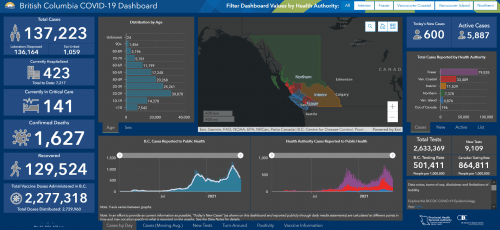
It’s mostly centred around the Vancouver Coastal Region and Fraser Valley. Basically, it’s in your back yard and you should be keeping six feet distance from your neighbours, even though the transmission rate from outside contact is vastly reduced. Have your neighbour over for afternoon tea after the pandemic is still the wisest course.
What you’re also likely to see from the dashboard is the northern BC portion where there have been 7,378 cases. It’s difficult to determine what qualifies as “remote” in this context. Places like Alert, Northwest Territories, Churchill, Manitoba, and Iqaluit, Nunavut definitely qualify, and they’ve definitely got their own issues with COVID-19, but does say, Prince George B.C, or Dawson Creek? Regardless, remote or not, even if Metro Vancouver were to flatten the curve to reasonable lengths tomorrow with vaccinations and social distancing, there are certain spots in B.C. that are inaccessible where the next COVID-19 infection could be started.
Draganfly (DFLY.C) and Coldchain Technologies Services inked a co-development, co-deployment and operations agreement for the delivery of medical supplies, medicine and vaccines today, with a specific focus on remote and hard to reach geographical areas, according to a press release.
Even though the below deal is American-based, it’s not hard to see B.C.’s problems as indicative of issues faced throughout North America and beyond.
The agreement includes the first phase of a planned five-phase comprehensive development package, including deployment and operation of a medical drone delivery service and a solution for the timely delivery of medical supply, medicine and vaccines. The idea is to deliver vaccines, medical supplies and the like to remote areas, not only to fight the pandemic (although that’s definitely on the list of to-do’s) but to keep those folks working hard far away from the city streets safe and healthy.
“The partnership between Coldchain Delivery Systems and Draganfly will enable us to ensure delivery of medicine, supplies and vaccines. Draganfly’s commitment to enabling access to essential medical supplies by building an advanced payload system to accommodate our requirements is extremely exciting,” said Wayne Williams, founder and executive director of Coldchain Delivery Systems.
The combination seems not only timely, but natural.
Draganfly does drones and drone software and systems. They’re an award winning manufacturer and technology developer involved in the public safety, agriculture, industrial inspections, security and mapping and surveying markets. Coldchain Delivery Systems respectively is involved in the health care supply chain for multiple governments and commercial clients, including the Centers for Disease Control and Prevention, Reserve Component forces, Defense Logistics Agency, Johnson & Johnson, the Chicago Department of Public Health, and Texas Department of State Health Services, and this list isn’t exhaustive.
The definitive agreement provides for phase 1 of a planned five-phase rollout for the comprehensive development, deployment and operation of a medical drone delivery service, as well as the development of a solution for the timely delivery of medical supplies, medicine and vaccines.
“We are excited to develop a payload system that will leverage our extensive patent portfolio as well as secured auto-pilot and flight management system. Coldchain Delivery Systems is a leader in health care supply chain management and we are looking forward to helping deliver via UAV medical supplies to remote areas,” said Cameron Chell, chief executive officer of Draganfly.
The first phase also includes provisions for working with various regulatory bodies, including the Federal Aviation Administration (FDA) and approvals for non-commercial beta testing of proposed delivery routes. The second phase will cost $125,000 and take a maximum of ten months to implement, and the parties have agreed to return to negotiate extending phase two before phase one is complete. The second phase will have Coldchain Delivery Systems committing to buying a minimum of USD$625,000 in equipment and services from Draganfly.
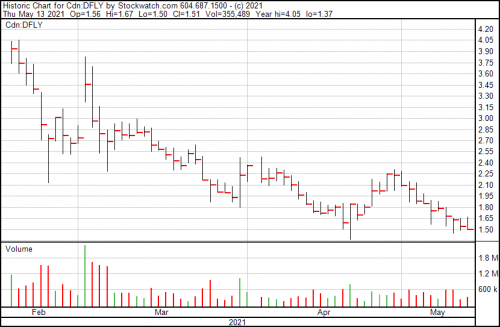
DFLY dropped a penny today and closed out trading at $1.54.
—Joseph Morton

